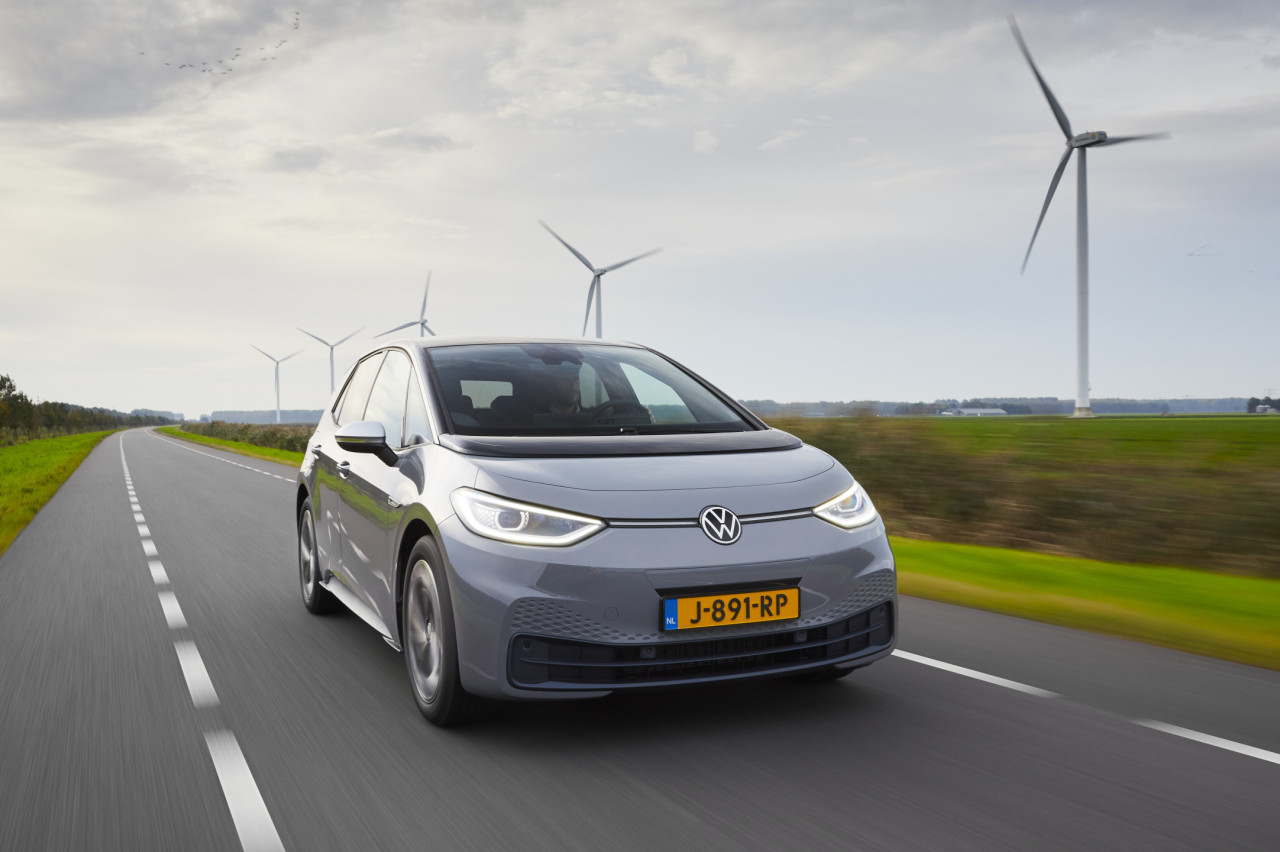This is one of the things we have to get used to with electric cars. In a petrol car the fuel tank does not get smaller and smaller, but in an electric car it does. After just over a year of discharging, charging and driving, a Volkswagen ID.3 has less battery capacity than when it was new. So much is left…

Battery Life – an EV enthusiast and Youtuber – drives a Volkswagen ID.3 with 58 kWh battery. When the car was new, he did a range test at a constant speed of 90 km/h. About 12 months later he did the same again, this time at 22,644 kilometers. The differences in range were striking and after some calculations came Battery Life expects a loss of 7.5 percent battery capacity (4.4 kWh).
Volkswagen ID.3 used intensively in the first months
“In the first three months I drove 15,000 kilometers,” he says. “In 90 percent of the cases, I charged the car on a 100 kW DC fast charger to 100 percent charge level. I regularly drained the battery to less than 10 percent charge level. After the first three months, usage has changed. the car is often not charged more than 80 percent during that period, on a simple 11 kW AC charger.”
Volkswagen confirms battery capacity decrease
Because Battery Life Knowing that his method of measurement is not foolproof, he brought his ID.3 to Volkswagen. There, the now 14-month-old car (odometer reading: more than 25,000 kilometers) was measured with special equipment. And Volkswagen confirmed what the Youtuber already knew: only 92 percent of the battery capacity of 58 kWh was left. A decrease of 8 percent in 14 months.
This is why batteries degrade slowly
Tesla once confirmed that a Model S has an average of 95 percent of its battery capacity left after 40,000 kilometers. However, that percentage depends on a number of factors. In general you can say that DC fast charging is less good for a battery than ‘slow’ AC charging, that the number of charge cycles has an influence (the more cycles, the worse) and that batteries are not a fan of high temperatures. Time also just plays a role. Batteries degrade slowly, even if you don’t do anything with them.